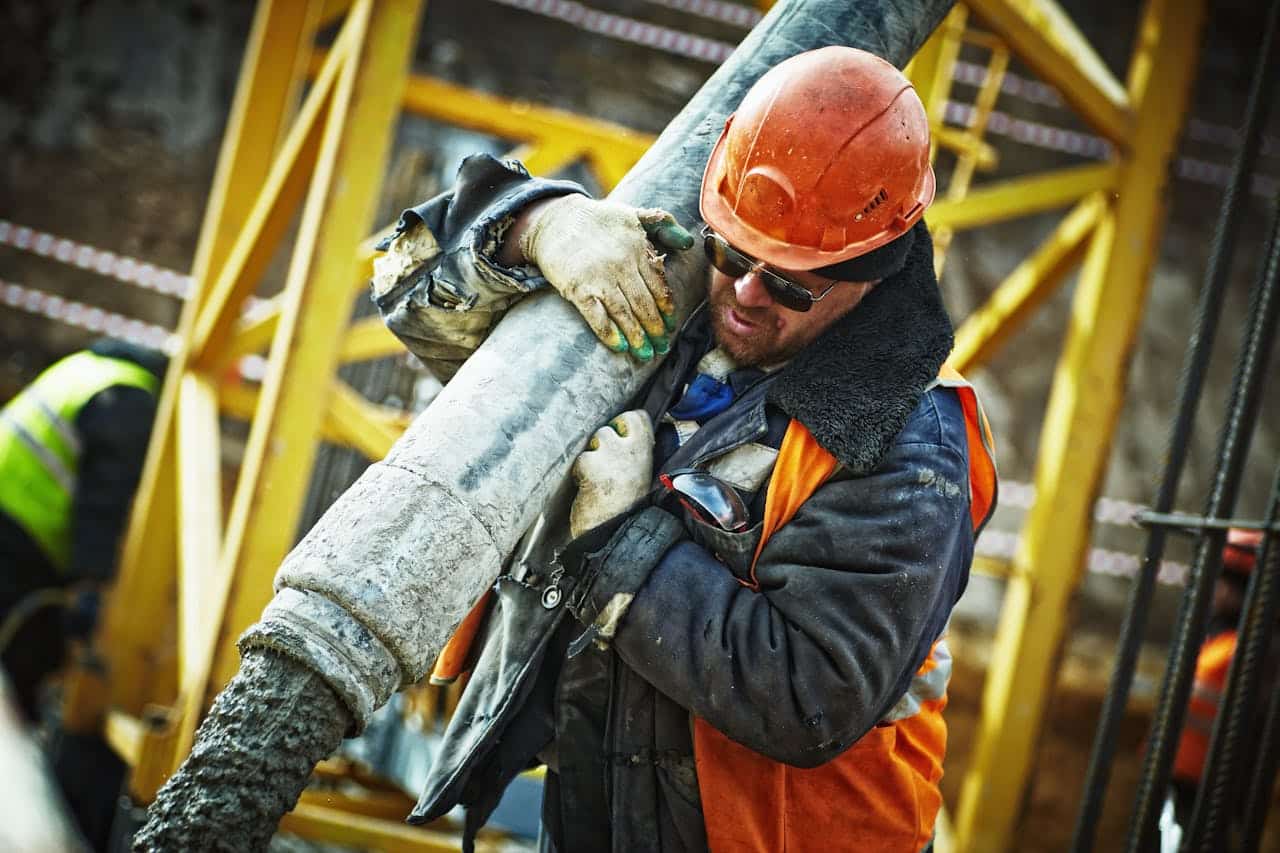Discover Construction Jobs in Denmark: Opportunities Await!
Denmark has a thriving construction industry that plays a vital role in the country’s economy. With ongoing urban development, infrastructure projects, and sustainable building initiatives, there is a constant demand for skilled professionals in various construction roles.
Job Titles in Construction Industry
In Denmark, some common job titles you may come across in the construction industry include:
- Construction Project Manager: Responsible for overseeing construction projects from start to finish, ensuring they are completed on time and within budget.
- Site Engineer: Involved in planning, coordination, and supervision of construction sites, ensuring compliance with safety regulations and quality standards.
- Quantity Surveyor: Manages costs related to construction projects, prepares estimates, and monitors expenses throughout the project lifecycle.
- Carpenter: Skilled tradesperson responsible for constructing and installing building frameworks, structures, and fixtures made from wood or other materials.
- Electrician: Specialized in electrical systems installation, maintenance, and repairs on construction sites.
These are just a few examples of the diverse range of job opportunities available within the construction industry in Denmark. Whether you are interested in management roles, technical positions, or hands-on craftsmanship, there are plenty of options to explore in this dynamic sector.
If you're considering a job in Denmark, you should check out the housing market find inspiration here Rental house Denmark
Education for the Construction Industry in Denmark
In order to work in the construction industry in Denmark, a variety of educational paths can be pursued. Some common routes include obtaining a vocational education and training (VET) qualification, earning a degree in construction engineering or architecture, or completing an apprenticeship program.
For those interested in pursuing a VET qualification, there are several schools and institutions across Denmark that offer programs specifically tailored to the construction industry. These programs typically provide hands-on training and practical skills necessary for careers in areas such as carpentry, masonry, plumbing, and electrical work.
Alternatively, individuals may choose to pursue a higher education degree in construction engineering or architecture from universities such as the Technical University of Denmark or Aarhus University. These programs often focus on theoretical knowledge and advanced technical skills related to building design, project management, and sustainability in construction.
Where to Study:
- Vocational Schools: EUC Syd, TECHCOLLEGE
- Universities: Technical University of Denmark (DTU), Aarhus University
- Apprenticeship Programs: Danish Construction Association (Dansk Byggeri)
Education Difficulty Score: 7 out of 10
The difficulty score for education in the construction industry in Denmark is rated at 7 out of 10. This is due to the rigorous academic requirements for higher education degrees in fields such as construction engineering or architecture. Additionally, obtaining a VET qualification or completing an apprenticeship program requires dedication and commitment to gaining practical skills through hands-on training.
Here is the list of the most popular football clubs in Denmark: Football clubs Denmark
Salary Range in the Construction Industry in Denmark
Jobs in the construction industry in Denmark typically fall into a salary range of 30,000 DKK to 60,000 DKK per month, depending on the level of experience and expertise required for the position. Here are a few examples supported by statistics:
- Construction Manager: The average salary for a Construction Manager in Denmark is around 45,000 DKK per month, according to data from Statistics Denmark.
- Civil Engineer: Civil Engineers in the construction industry can expect to earn between 35,000 DKK to 50,000 DKK per month, based on industry reports.
- Construction Worker: Entry-level Construction Workers typically earn around 25,000 DKK per month, with potential for higher salaries with experience and specialized skills.
Salary Score: 6 out of 10
The salary score of 6 out of 10 reflects the competitive but moderate salary range within the construction industry in Denmark. While salaries can vary based on job roles and experience levels, overall, they fall within a reasonable range compared to other industries. There is potential for growth and higher earnings with advancements in skills and qualifications.
Construction Industry in Denmark
Denmark’s construction industry is known for its innovative and sustainable practices, making it an attractive sector for job seekers.
- Germany: Jobs in Germany’s construction industry are similar to those in Denmark, with a focus on quality and efficiency.
- Norway: Norway’s construction industry also values sustainability and has a strong emphasis on safety standards.
- Sweden: The construction sector in Sweden is known for its modern techniques and cutting-edge technology.
Construction Industry in Denmark
Responsibilities: The construction industry in Denmark involves planning, building, and maintaining various structures such as residential buildings, commercial properties, infrastructure projects, and more. Workers in this industry are responsible for tasks such as carpentry, masonry, plumbing, electrical work, and project management.
Requirements: Individuals working in the construction industry in Denmark must have a strong work ethic, physical stamina, attention to detail, and the ability to work well in a team. They should also have knowledge of building codes and regulations, as well as safety protocols.
Qualifications: While formal education is not always required for entry-level positions in the construction industry in Denmark, vocational training or apprenticeships are common paths to gaining necessary skills. Some roles may require certification or licensure depending on the specific job duties.
In conclusion, the construction industry in Denmark offers diverse opportunities for individuals interested in hands-on work and contributing to the built environment. With a focus on quality craftsmanship and adherence to regulations, workers in this industry play a crucial role in shaping the country’s infrastructure and urban landscape.

